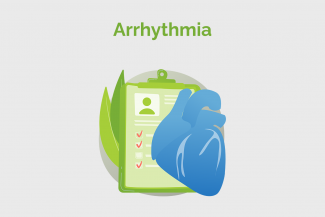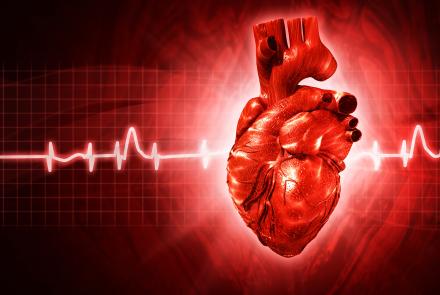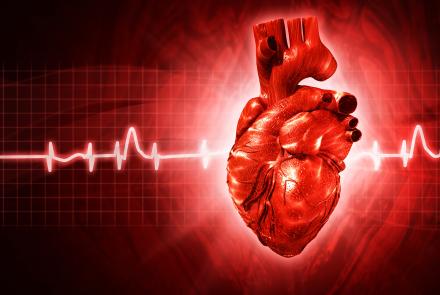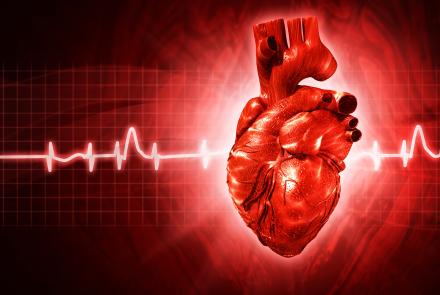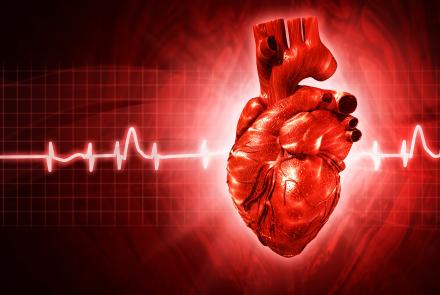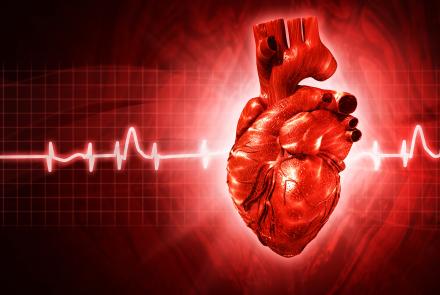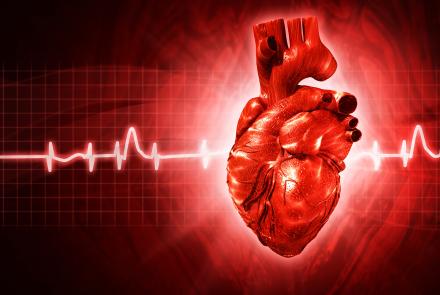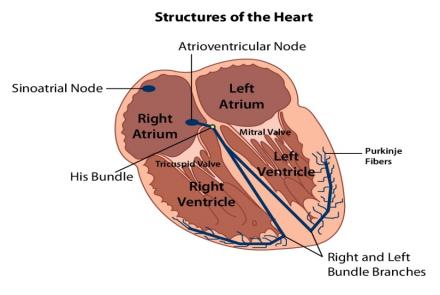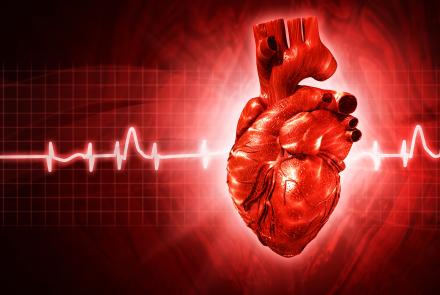Arrhythmias are disorders of the heart’s electrical system, which means there is a change in the regular beat. Arrhythmia should not be dismissed, and it is always advisable to get it checked out. Most palpitations are harmless, but they must be investigated.
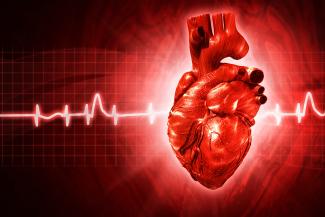
Take all medications exactly as prescribed.
- Do not stop taking any prescription medication without first consulting your doctor. If you have any side effects, please discuss with your doctor.
- Make sure your doctor knows about all your other drugs and supplements, including over-the-counter medications and vitamins.
Monitor your pulse especially if you have a pacemaker
- Put the second and third fingers of one hand on the inside of the wrist of the other hand, just below the thumb OR on the side of your neck, just below the corner of your jaw.
- Feel for the pulse.
- Count the number of beats in one full minute.
- Keep a record of your pulse along with the day and time taken and notes about how you felt at the time. Use our blood pressure/pulse tracker.
Follow the prevention advice
- Eat a low-fat, well balanced diet.
- Exercise on a regular basis.
- Quit smoking and tobacco use.
- Avoid or reduce caffeine and alcohol intake.
- Avoid using any illicit drugs.
- Reduce anxiety and stress to reduce the intensity or frequency of palpitations.
- Deep breathing, yoga and meditation relax your body.
- Check the ingredients in herbal medicines and supplements you are taking if they contain caffeine or substances that can induce palpitations.
Manage your risk factors
- Reduce high blood pressure
- Control cholesterol levels
- Lose excess weight
- Eat a heart-healthy diet
- Avoid tobacco smoke
- Enjoy regular physical activity
Watch out for effect of these medications:
Antiarrhythmics (The same drugs used to treat arrhythmia can also cause arrhythmia. Your healthcare team will monitor you carefully if you're taking antiarrhythmic medication.)
Beta-blockers for high blood pressure
Changed
05/Jul/2017
Community
Condition

